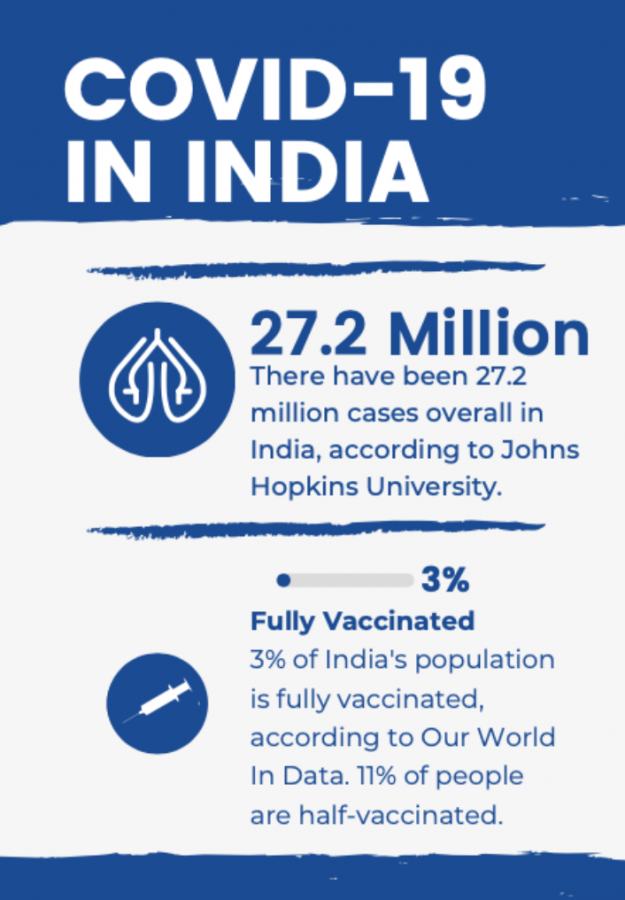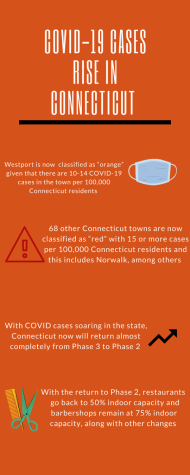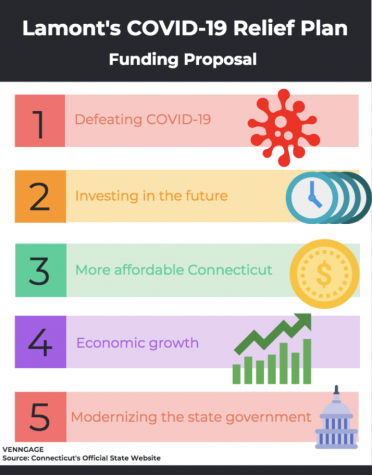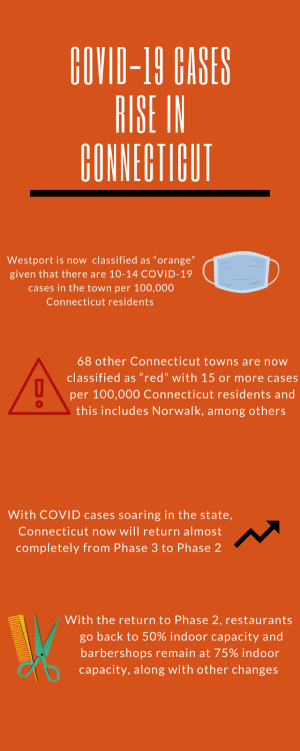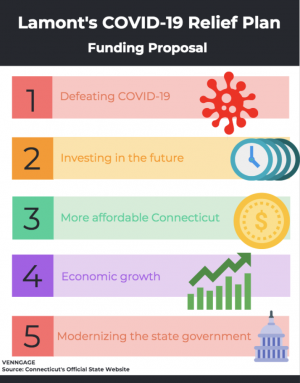Lack of attention paid to India’s Covid-19 crisis reflects empathy deficit
As India struggles to cope with its most recent surge in Covid-19 cases, thousands of people die every day. Lack of medical resources and professionals, dwindling vaccine supply and various other factors have plunged India and its population even deeper into crisis, a situation that demands attention and action.
On May 19, there were 4,594 reported Covid deaths in India, according to the AP. Certainly, it is almost an insult to attempt to quantify the loss that underlies that number. Statistics, as we have all learned during the pandemic, make it incredibly easy to put distance between oneself and the magnitude of tragedies. This is especially true given that the undercounting of both transmissions and death is extremely likely, as per CNBC, as a result of limited testing and medical care. According to CNN, deaths may be more than five times what is being reported.
Regardless of the ambiguous nature of exact data, it is obvious that India is a state of acute crisis. Despite this, the circumstances have garnered little attention in our school and among our peers. Though it is hard to endorse the disregard for such devastation, it is perhaps easier to understand. In the past year, we have been inundated with misfortune, and the resulting lassitude is certainly convincing motivation to isolate oneself from global woe.
Furthermore, the simple facts are that India is almost 8,000 miles away from Westport and compassion is rather difficult to maintain over such distance. However, encumbrance notwithstanding, it is crucial that we put our privileged apathy aside and recognize the latent potential for efficacy perfused throughout this school.
I think it is absolutely vital we recognize that the capacity to care for and support other people––regardless of geographical, cultural, or economic distance––is a privilege, one that almost all of us are all lucky enough to have
— Mimi Casey
Apathy and privilege are inextricably linked by human nature, and such, therefore, is the case at Staples. It is a privilege to be able to remove oneself from an uncomfortable situation without fear of repercussion, a privilege that human nature compels us to act on. Ironically, it is this same privilege that gives one the ability to enact change, and thus the people who excuse themselves from difficult conversations are often in the ones best-positioned to be advocates and make change.
In the context of Staples and India’s Covid-19 crisis, privilege and apathy have manifested as passivity, indifference and ignorance. Few people feel obligated to inform themselves on the specifics of international suffering––the new variants, oxygen shortages, lacking medical care, etc.––and fewer still feel compelled to promulgate means of responding. Students at Staples, almost invariably, have the means––material, intellectual and emotional––to make change, even in minute ways, when it comes to issues of this scale, and yet we do not. I have not witnessed nor entered into one conversation about this particular situation, which echoes established patterns of indifference.
Caring about issues such as these––no matter how sterile they may seem, courtesy of the distance or neatly-quantified casualties––is an affirmation of shared humanity. It is our duty to have investment in the lives of other people, regardless of difference, and to zealously and fervently desire the best for them.
I am not suggesting that every Staples High School student accept responsibility for the world’s collective ills. Rather, I think it is absolutely vital we recognize that the capacity to care for and support other people––regardless of geographical, cultural, or economic distance––is a privilege, one that almost all of us are all lucky enough to have.
While enacting immediate change from 8,000 miles away isn’t realistic, there are things we can do as a community to act upon this privilege. For instance, one could donate to campaigns such as KhalsaAid, an NGO working to increase India’s supply of oxygen, the Association for India’s Development, which provides direct relief services, and ChildFund International, an organization that, according to their website, prioritizes vaccine distribution to vulnerable demographics. One could also call upon local representatives to organize community efforts or events, or plan fundraising within one’s school.
Now more than ever, the state of the world demands conscious solicitude, and Staples seems to be a place where that is markedly lacking. It is a disservice to dismiss one’s own ability to enact change, both to oneself and to the people who might otherwise benefit. India is but one example of this, and while the abundance of global distress has an undeniable penchant for being overwhelming, that ought to only serve as greater motivation to accept advocacy as an obligation and to recognize one’s own capacity for enacting change.











































